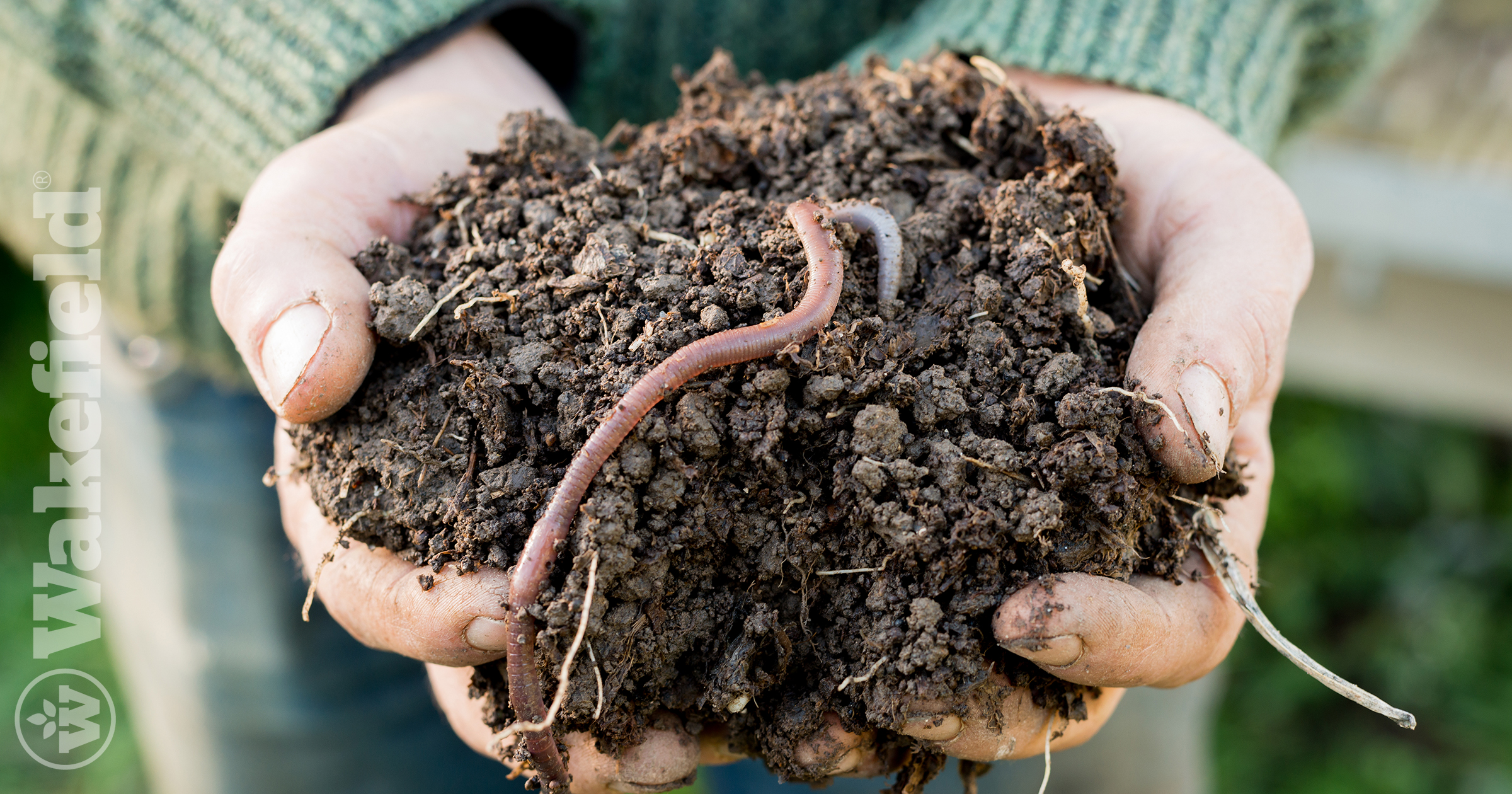Can Worms Live In Biochar?

Not only can earthworms live in biochar, but this organic soil amendment enhances their health while simultaneously improving the vermicompost process to ensure plants have access to the necessary nutrients.
While they might seem like inconsequential creatures at first glance, earthworms are vital to soil health. As they move through the ground, they reduce compaction, which ensures that air and water can flow freely through the soil. They also provide plants with important nutrients as they consume organic materials and produce castings, which act as a natural fertilizer.
Along with other microorganisms, worms are a major component of vermicomposting, which benefits plants by providing the nutrients they need to grow and thrive. This process can be enhanced by the introduction of biochar, which helps retain the nutrients generated by worms and other creatures within the soil.
Altered Soil Structure and Porosity
Soil structure is a crucial factor in healthy plant growth, but it’s also important for the health of worms and other creatures. One of the biggest benefits of biochar is its impact on soil structure, especially for soil that’s too dense or overly compacted.
Biochar is a very porous material, complete with numerous mini “compartments” that improve aeration, meaning that air can flow freely through soil. While airflow fuels the plant growth cycle, it’s also important for the health of worms living in the soil.
Impact on Soil pH and Moisture Retention
Highly acidic soil is no friend to ecosystems, plants and worms included. Fortunately, adding biochar to soil can lower acidity and make for a more balanced pH level. In turn, the organic soil conditioner also creates a more hospitable environment for worms and other forms of life.
All living things need water to thrive, and worms are no exception. The porous nature of biochar is also beneficial when it comes to moisture retention and drainage. Biochar facilitates improved drainage while holding water in the soil, so it can be soaked up by plant roots.
Similarly, worms can make use of the increased moisture, especially in overly dry soil.
Offering Sheltered Microhabitats and Nooks
Biochar is incredibly porous in nature, which is why it’s so beneficial for keeping nutrients in the soil. This porosity also provides a home for worms and microbes, who can take shelter within the many compartments of biochar.
A more hospitable environment allows invertebrates and microorganisms to perform their essential functions when it comes to nutrient cycling. On the other hand, poor-quality soil impedes these activities and contributes to nutrient depletion.
Enhanced Soil Organic Matter and Microbial Activity for More Food
Organic matter infuses soil with nutrients like nitrogen and phosphorous, but some soil types have a lower concentration of organic matter than others. This can mean lower nutrient levels, which can be amended by biochar.
While biochar does not contain nutrients on its own, it can hold onto the nutrients from organic compost when blended prior to application.
More organic matter in the soil means greater microbial activity. Microbial activity then produces more nutrients as it moves through the soil consuming matter. That’s why soil must maintain a thriving ecosystem underground, from worms to microorganisms that can’t be seen by the naked eye.
Wakefield BioChar Supports a Flourishing Ecosystem
Using Wakefield BioChar in your landscape ensures that worms, microbes, and plants can enjoy a healthy and thriving environment. Learn more about biochar and the benefits it offers.





